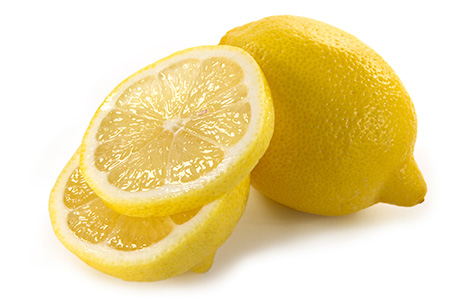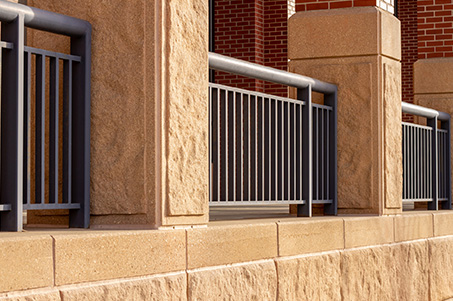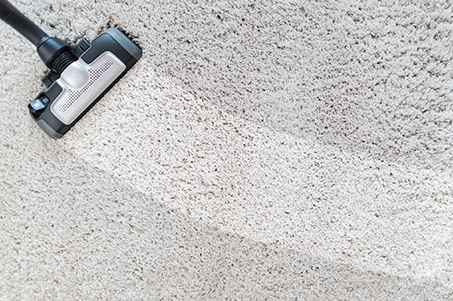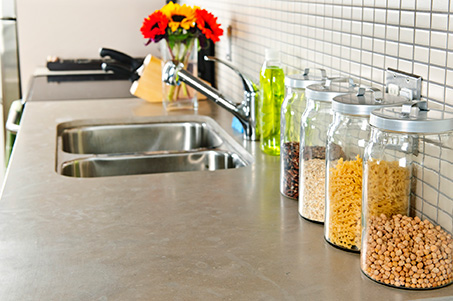The Sensitive Side of Granite
April 14, 2022

The Sensitive Side of Granite
When it comes to stories about acidic juices, foods and cleansers leaving behind etch marks on natural stone, the stone in question is usually marble. However, most homeowners are unaware that their granite may also be susceptible to citrus, wine, soda and other substances that contain acids.Sure, granite is one of the most durable natural stones you can buy, and unlike marble, granite is not a calcite-based stone, so it is reasonable to assume that granite should not be vulnerable to acids. The problem is, some stones, even though they are marketed as granite, may in fact have calcium in their composition. Since it's hard to determine the composition at the time of purchase, be diligent in cleaning up any spills on your granite immediately.
With that said, there is one acid, Hydrofluoric acid (HF), will severely etch, pit and dull a polished granite surface regardless if the stone contains calcium carbonate. This acid can be found in many rust removers. That's why it's important to always check labels before applying any substance to your granite.
Acid etching of any kind on granite usually means the granite needs to be repaired by a stone restoration professional.
If you live in the Hilton Head, Savannah, or Bluffton area and are looking for granite countertop services, contact us online or call (843) 338-6220 today for a free estimate.
This article is one of a series of articles written and published on behalf of SurpHaces PRO Partners





